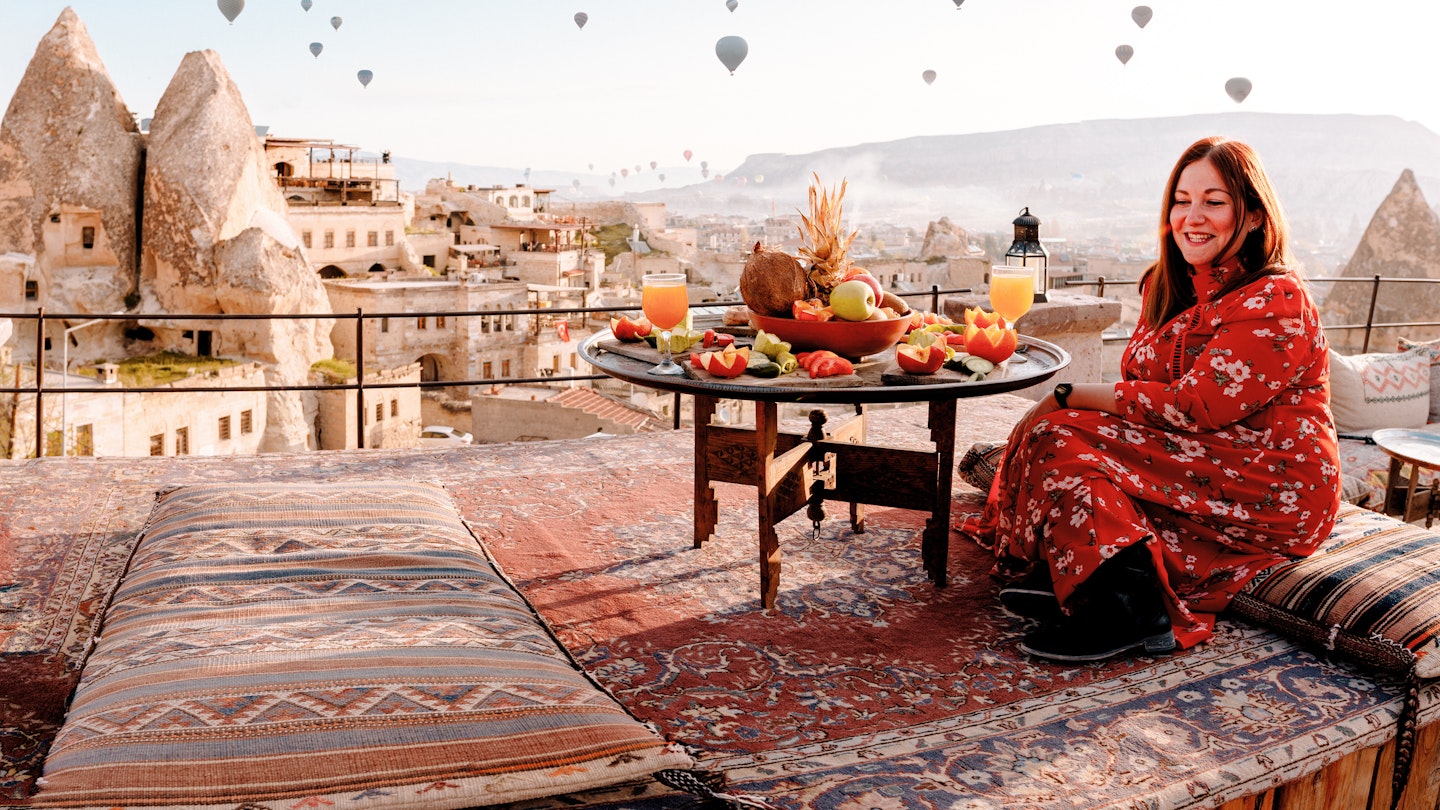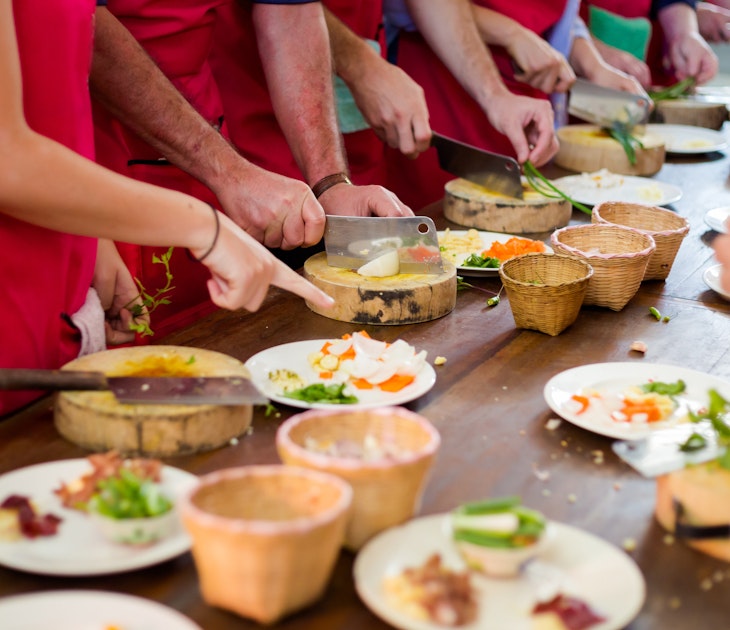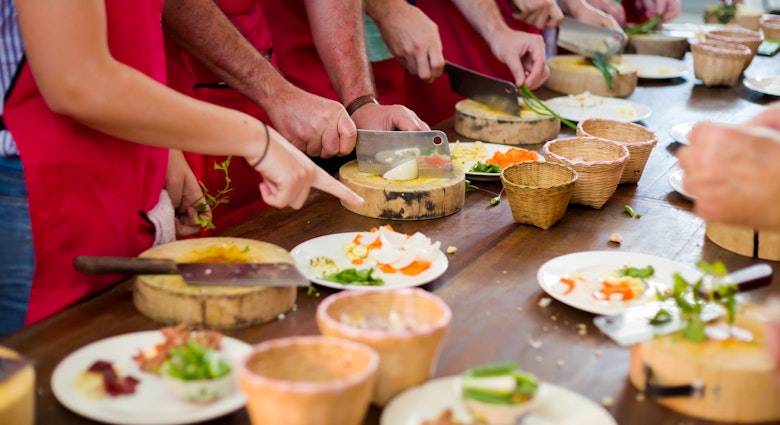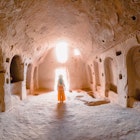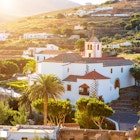Whether your ideal vacation involves sunbathing on a Mediterranean beach, trekking in rugged mountains or learning more about the complex cultural layers laid down over thousands of years of history, Turkey has options to entice every kind of traveler.
The country boasts an abundance of ancient sites and diverse natural landscapes, as well as lively cities, tantalizing food and opportunities for adventure. You'll never cover everything on just the one vacation but here’s our pick of the best things to do in Turkey to get you started.
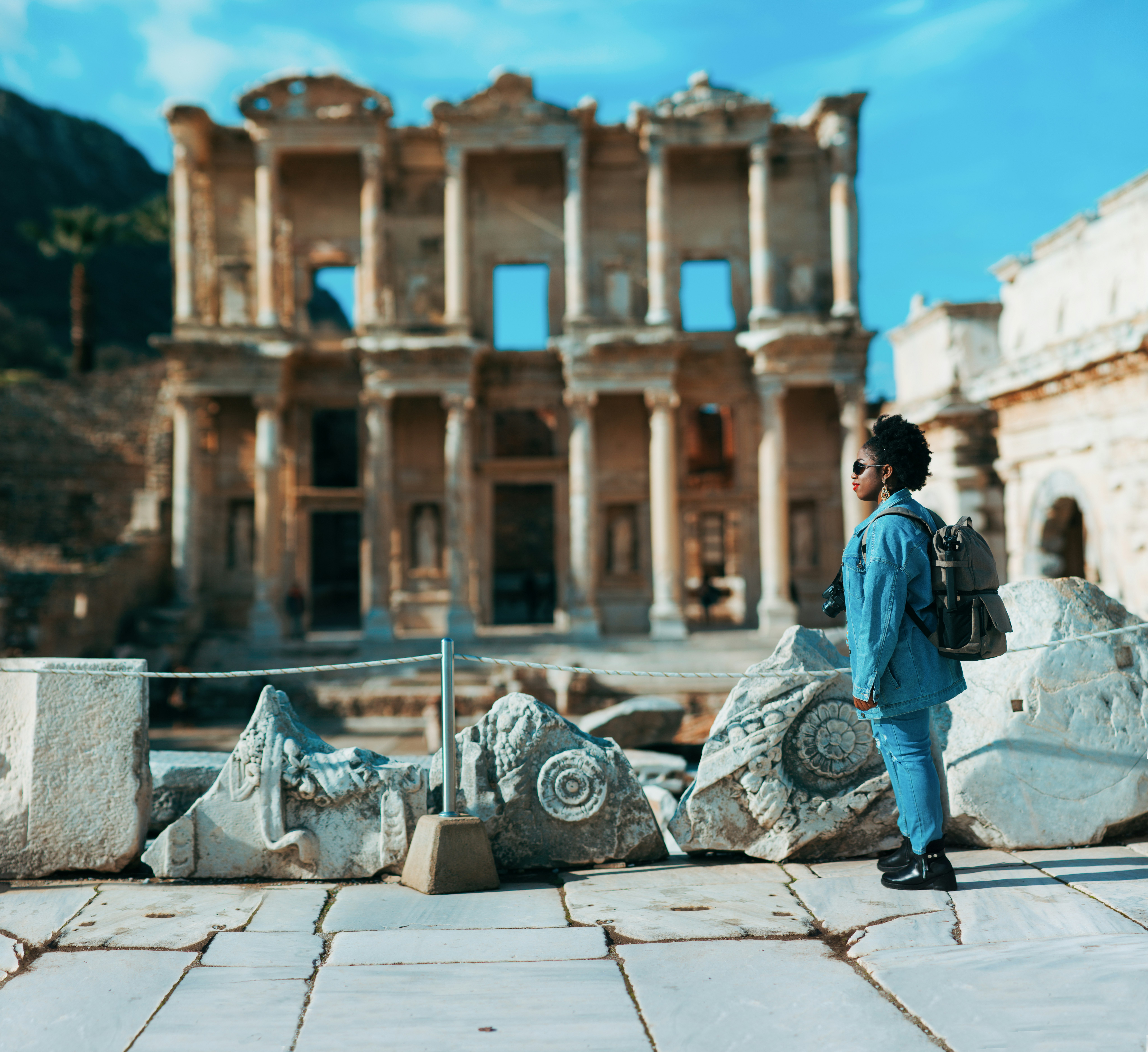
Tour the ancient city of Ephesus
The well-preserved streets of Ephesus are lined with evidence of what daily life was like for the ancient Greeks and Romans who inhabited the city for hundreds of years: the remains of their shops and schools, temples and public toilets.
Highlights of the main site include the intricately carved facade of the Library of Celsus – once the third-largest library in the world – a huge open-air theater, a Roman bath and numerous monumental fountains and gates. Well worth the separate admission fee are the Terraced Houses. These luxurious residences belonged to the Roman elite and are full of mosaics, frescoes and marble worthy of an episode of “Lifestyles of the Rich and Famous.”
Luxuriate in a Turkish bath
In the days when most homes lacked indoor plumbing, hamams (commonly referred to as Turkish baths in English) played a crucial role both as a place to get clean and to socialize. Today, they’re typically a special-occasion destination, more often frequented by tourists than locals, but still a luxury well worth indulging in.
The full treatment includes a scrub and massage by a same-gender attendant, but you can also opt to bathe yourself in their steamy chambers. With their marble-covered interiors and sky-lit domes, the grandest hamams – such as the Ayasofya Hürrem Sultan Hamamı, the Cağaloğlu Hamamı and the Kılıç Ali Paşa Hamamı in Istanbul – are a treat for the eyes as well as the body. In the old Ottoman capital of Bursa, hamams like Eski Kaplıca and Yeni Kaplıca feature pools fed by the area’s natural thermal springs.
See Cappadocia from above and below
First thing in the morning, the skies above Cappadocia fill with hot-air balloons that take visitors floating above the area’s canyons, fairy chimneys and other fantastical rock formations. Even if you don’t fancy a flight, it’s worth getting up early to see the colorful aerial display from the ground. For a more, er, down-to-earth experience, follow labyrinthine tunnels many stories deep into underground cities such as Derinkuyu and Kaymaklı, where thousands of people took shelter from invaders for months at a time. In addition to living quarters, these subterranean settlements included facilities to stable animals, cook, worship and even make wine.
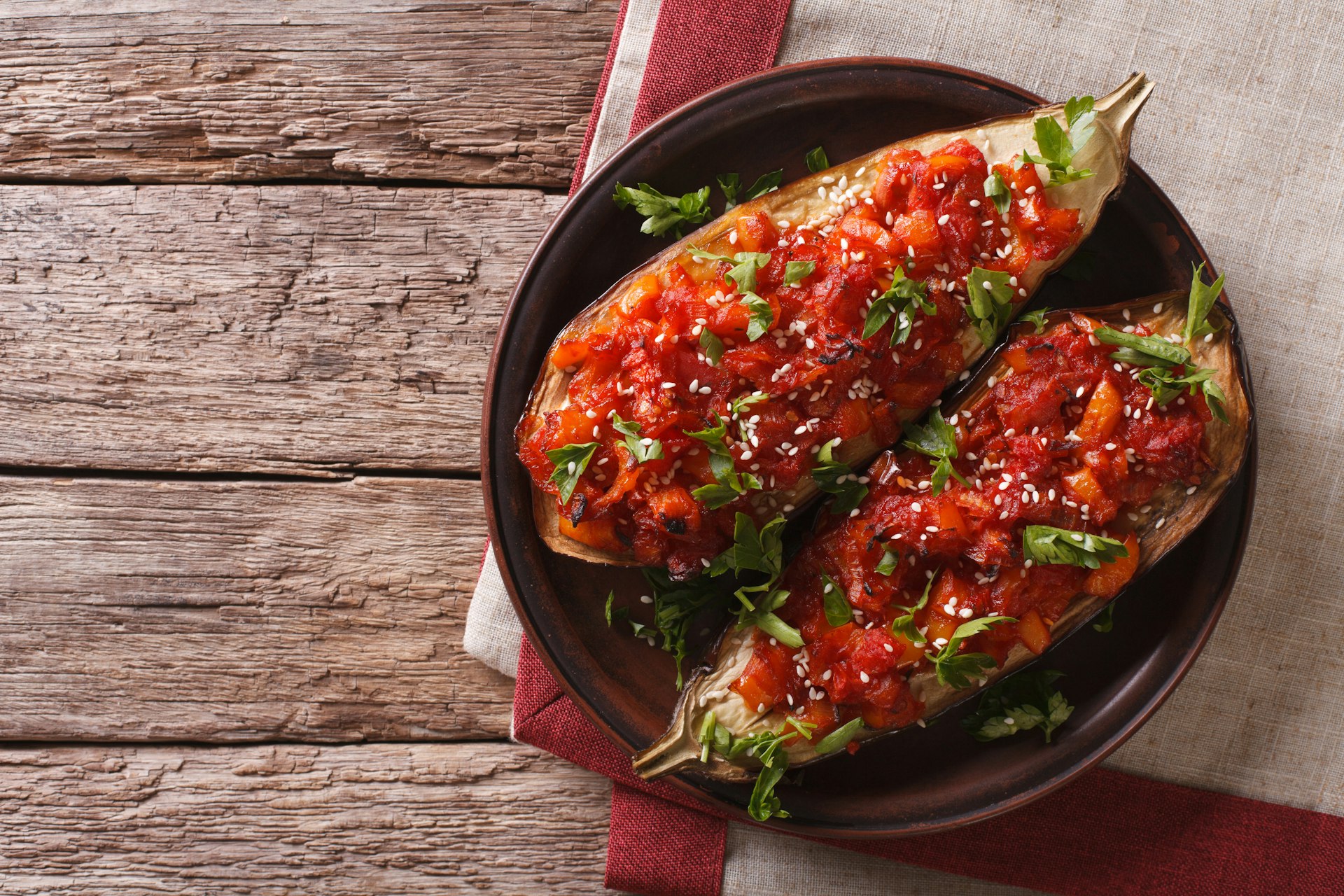
Feast on meze and fish
The “rakı-balık” night is a quintessential Turkish dining experience, particularly in Istanbul and along the Aegean and Mediterranean coasts. What some call the national drink of Turkey, rakı is a strong anise-flavoured liqueur typically mixed with water and ice, and balık is fish. Such meals typically start with an assortment of meze, which are often the real stars of the show.
These small dishes meant for sharing feature both classic and creative combinations of vegetables, herbs and seafood, often topped with yogurt or cooked in olive oil. If you do manage to save room for the main course, popular fish choices depending on the season include grilled levrek (sea bass) and çipura (sea bream), or lightly fried istavrit (mackerel), barbun (red mullet) and hamsi (anchovies).
Shop in colorful bazaars
Despite the proliferation of shopping malls and grocery stores, traditional bazaar culture remains strong in Turkey. Most historic centers will have at least one çarşı, a shopping arcade or maze-like marketplace district with vendors selling everything from cheap souvenirs to handmade leather or metal crafts. Istanbul’s Grand Bazaar (known as the Kapalı Çarşı, or “covered marketplace” in Turkish) is the most famous example, but ones in cities like Gaziantep and Şanlıurfa are more atmospheric and authentic.
Equally colorful and important to local life is the pazar, an open-air market for fresh seasonal fruits and vegetables and other food products, as well as clothing and household goods. Depending on the town or city neighborhood, they might be set up in the street under rigged-up tarps, in an emptied parking lot or garage, or in a purpose-built structure. Held in different areas on set days of the week, they’re cheap and lively places to buy staples or just browse. Some large pazars, like the weekly market in the resort town of Fethiye, feature stalls selling gözleme (stuffed flatbreads) and other simple dishes to sate hungry shoppers.
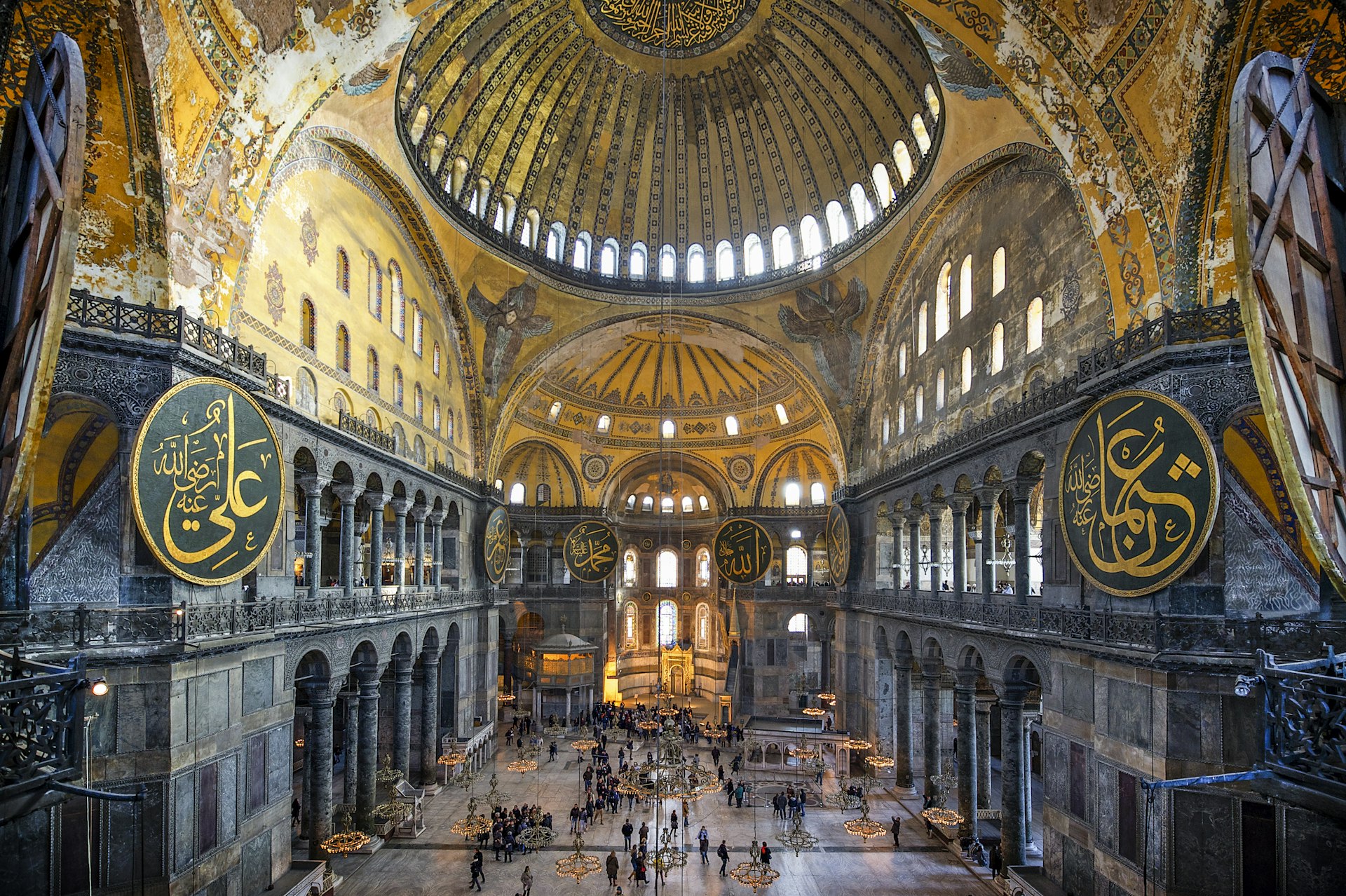
Admire architectural splendor in Istanbul
The rulers of the city formerly known as Byzantium and Constantinople left their marks in grand style. The Hagia Sophia’s soaring dome still leaves visitors awestruck a millennium and a half after its construction, while the towering Aqueduct of Valens and the vast subterranean Basilica Cistern attest to the impressive engineering feats that the Romans employed to supply the city and its residents with drinking water.
With a prime position overlooking the confluence of the Bosphorus, Golden Horn and Marmara Sea, Topkapi Palace evokes the might of the Ottoman Empire at its peak: lavishly decorated chambers, a treasury dripping with massive jewels and a kitchen that could feed 4000 people. Istanbul’s minaret-studded skyline is a heritage of the Ottomans as well. The famous Blue Mosque gets the most attention, but visitors shouldn’t miss the tiny, tile-bedecked Rüstem Paşa Mosque and the graceful Süleymaniye Mosque, perched atop one of the old city’s seven hills. History buffs can really dig into the different cultural eras in Istanbul by exploring its wealth of museums detailing the fascinating legacy of the city.
Cruise turquoise waters on a gület
Few vacations are more relaxing than a multi-day cruise aboard a gület (traditional wooden yacht) plying sections of Turkey’s southwestern coastline between Bodrum and Antalya. While away the long, sunny days swimming in secluded coves, reading or playing tavla (backgammon) on deck, eating fresh-caught fish, drinking rakı as the sun sets and sleeping out under the stars. If you get tired of blissfully lazing around, you can hop ashore along the way to explore the ancient ruins of Knidos, climb to the top of the Crusader Castle in Kaleköy or stop for lunch at one of the cool cafe-restaurants in Kaş.
Hike the Lycian Way
For a more active way to explore the Turquoise Coast, consider taking on part of the Lycian Way, a long-distance trekking path stretching 540 km (335 mi) from Fethiye to Antalya. Best traversed in spring or fall, the sometimes challenging trail winds along spectacular coastal cliffs, through bucolic villages and beach towns, past ancient ruins and up into the mountains.
Most sections have accommodation options in small pensions as well as camping. Highlights along the way include the secluded valley of Kabak, the long sandy beach of Patara, the massive rock tombs of Myra, the ruins of Olympos and the “burning rock” at Çıralı. If you want to see more of Turkey's incredible landscape on foot and escape the crowded tourist spots, extend your trip and spend some time exploring the country's stunning array of national parks.
See incredible Roman mosaics
Tiny colored cubes of glass, ceramic or stone were used during the Roman era to make amazingly detailed tableaux depicting mythological tales, heroic battles, lavish banquets and other scenes. Splendidly preserved examples of these mosaics, which often decorated the floors of grand palaces and villas, can today be found in numerous museums in Turkey, most notably the Gaziantep Zeugma Mosaic Museum, the Hatay Archaeology Museum and the Haleplibahçe Mosaic Museum in Şanlıurfa.
Linger over a leisurely Turkish breakfast
It’s hard to think of a better way to fuel up for a big day of sightseeing than with a Turkish breakfast spread (serpme kahvaltı). Start with the savory nibbles: olives, cheeses, sliced tomatoes and cucumbers, perhaps some spicy pepper paste along with your eggs. Then satisfy your sweet tooth with homemade jams and a decadent swirl of honey and thick cream (kaymak). Different parts of the country have their own special additions: fresh herbs along the Aegean coast, cornmeal cooked with melted butter and cheese (called mıhlama or kuymak) in the Black Sea region, and fermented cheese and hot peppers in Hatay. Endless small glasses of black tea are universal.
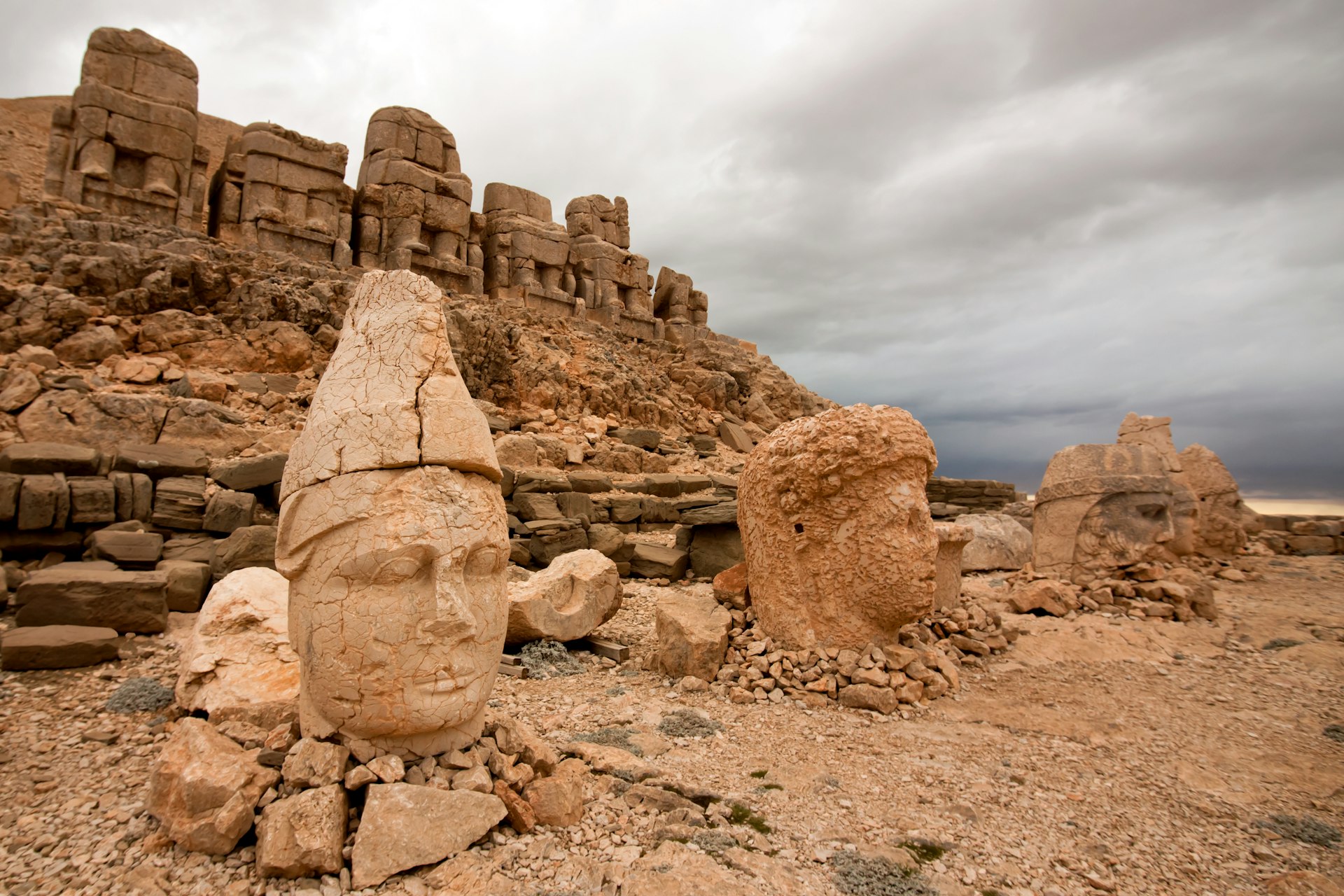
Watch the sunrise from atop Mt. Nemrut
The surreal sight at the summit of Nemrut Dağı is testament to both the extent of the power that can be wielded by a ruler and to its inevitable decline. In the 1st century BCE, a Hellenistic king had massive statues of deities, mythic beasts and other figures built on top of a rocky peak as a monument to his own greatness. Earthquakes over the centuries toppled the heads of these statues from their bodies and they now sit scattered around a stark, remote landscape. Tour groups typically bring visitors up here at sunrise or sunset, but if you stay overnight at one of the simple lodgings a little below the summit, you can experience both.
Imagine the beginnings of human civilization
Turkey is home to some of the world’s most important Neolithic sites, which are still yielding new insights – and questions – about how humans lived more than 10,000 years ago. In the center of the country near Konya, the excavations of Çatalhöyük have provided clues about early “urban” life, the period when people started to transition from nomadic ways to settled agrarian livelihoods. In the southeast outside of Şanlıurfa, the findings at the ritual complex of Göbeklitepe – thought to be the world’s first place of worship – have transformed our understanding of when humans began to develop religious beliefs and practices.
You might also like:
Do you need a visa to go to Turkey?
The 10 most incredible places to visit in Turkey
How to drink Turkish coffee like a local

